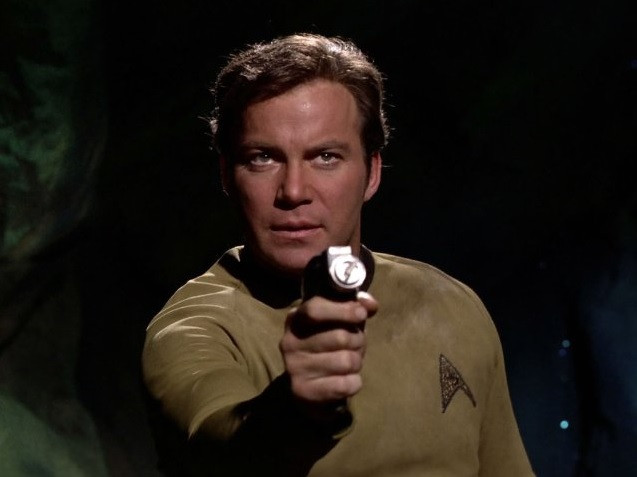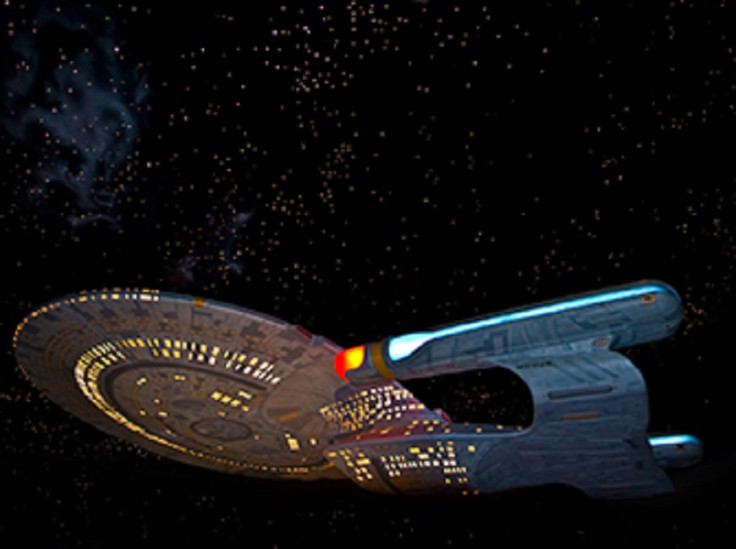How Star Trek treated heart attacks: Cardiac health in the 24th century
What would happen if Captain Kirk had a heart attack and needed futuristic emergency medicine?

If Captain Kirk had a heart attack, his chances of survival would not be much better than they are today, a study has found.
Experts at the MedUni Vienna were looking at Star Trek as a source of inspiration for futuristic treatments of cardiac arrest. Many technical devices created for the series have gone on to become a reality (fax machines, mobile phones etc.), so the scientists looked to the 23rd and 24<sup>th centuries for ideas.
Study leader David Hörburger said: "The treatment of cardiac arrests is a very highly-researched field of modern medicine. Unfortunately, survival rates after an event such as this have continued to stagnate at a low level for many years.
"The aim of the study was to analyse its epidemiology and treatment in the way it is fictitiously portrayed in the 24th century in the world of Star Trek in order to find inspiration for the present day."
The researchers found that in the 726 episodes of the TV series, there were 96 cardiac arrests, which were then documented and analysed: "Patients were excluded if cardiac arrest occurred during mass casualties, if the victims were annihilated by energy weapons or were murdered and nobody besides the assassin could provide first aid. Epidemiological data, treatment and outcome of cardiac arrest victims in the 24th century were studied," the study said.

Findings showed mortality rates for cardiac arrests were still very high, but not for the same health reasons they are today. People in the fictional world life far more healthy lives, so today's leading causes were not a concern.
However, in Star Trek there is a much greater risk from general medical to traumatological cardiac arrests, such as injury caused by energy weapons or poisoning.
"Favourable neurological outcome and long-term survival was documented in nine patients (9%)," the authors concluded.
Hörburger said: "This invites the conclusion that people in the future will be living much more healthily and will have better preventative medicine than we do now."
However, the authors noted that Star Trek characters do not have to worry about where they suffer a cardiac arrest, as teleportation means they can easily and quickly be transported from one location to another.
"Cardiac arrest remains a critical event in the 24th century. We observed a change of etiology from cardiac toward traumatic origin. Quick access to medical help and new prognostic tools were established to treat cardiac arrest," they summarised.
© Copyright IBTimes 2025. All rights reserved.






















